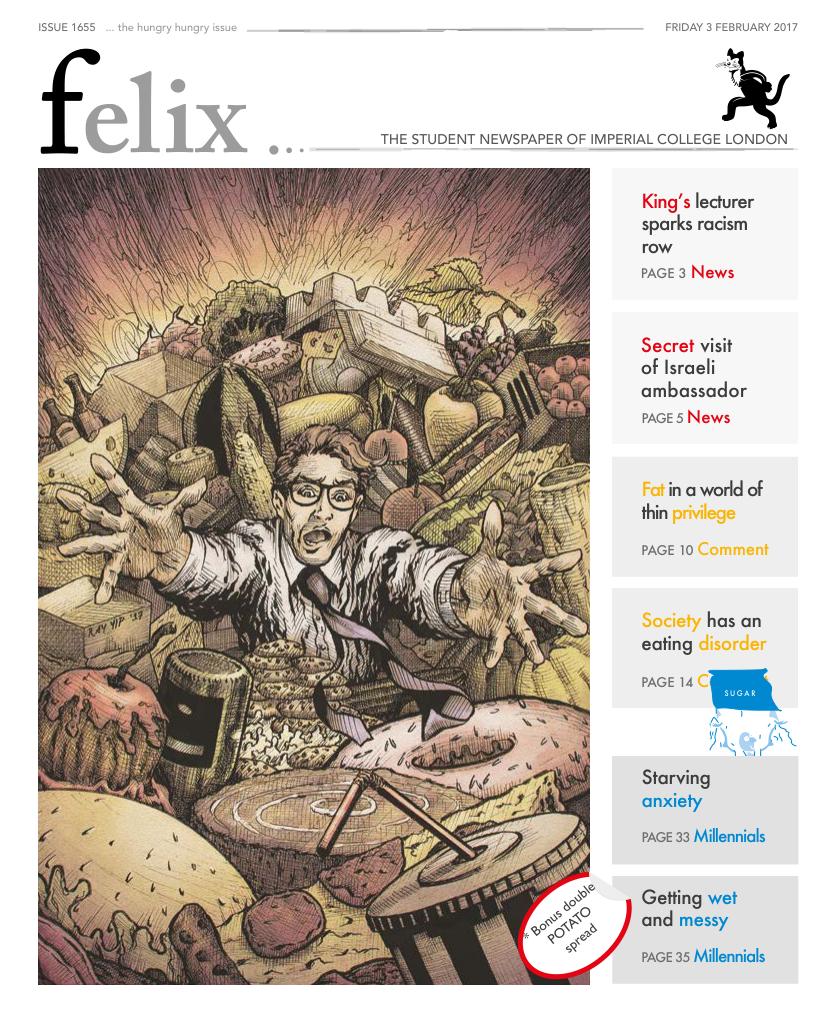UK bound to leave Euratom
Scientists slightly miffed

In a slightly surprising move, the UK government announced last Friday that Brexit meant leaving Euratom. This comes after Theresa May said Britain would: “welcome agreement to continue to collaborate with our European partners on major science, research, and technology initiatives” in her Lancaster House speech last month.
In an explicatory note attached to the Article 50 bill, currently being debated in parliament, the Minister for Brexit David Davis announced that “leaving the EU” included Euratom, which shares the institutions of the EU, but has a distinct legal existence. Euratom is a European organization aimed at fostering fundamental and applied research in the domain of nuclear energy. Its flagship projects are currently ITER, an international experimental tokamak currently under construction in Southern France, and JET. JET, the Joint European Torus, is particularly important for the UK, as it is based in Culham, Oxfordshire. It is the centrepiece of Britain’s Culham Centre For Fusion Energy (CCFE), and is currently the world’s largest tokamak by inner volume. JET was recently upgraded to include the same materials that will ultimately be incorporated in ITER, to serve as a test bench. Around 350 scientists from Europe participate in experiments at JET each year. None of them or anyone in the staff at the Centre for Fusion Energy was warned in advance by the government, which suggests the decision to leave Euratom was a last-minute addendum to the Brexit bill. This impression was further reinforced when MPs from Oxfordshire also complained they had not been given advance notice.
JET is currently funded by the European Commission (which administrates Euratom as well as the EU) to the tune of 283 € million for the 2014-2018 period, or very slightly less than half of Euratom’s budget for the period. This is an area of EU spending where the UK receives substantially more than it gives. The indirect impact is even greater: JET is a significant selling point for the CCFE and Oxford University, who have developed a whole array of skills related to the tokamak, developing them into worldwide leaders of fusion research. Among the features pioneered by/unique to JET are the concept of the diverter –a designated area where the plasma escapes the magnetic confinement field– and the fact that it is the only tokamak equipped to handle tritium. These two innovations of JET have had visible influences on the whole centre: several members of staff are now specialized in diverter design and performance, and CCFE boasts the world’s most efficient tritium repurposing facility. These would be in jeopardy if the UK failed to reach an understanding regarding JET’s funding after 2018.
The UK could seek associate membership of Euratom (a status currently enjoyed by Switzerland), which would alleviate some of the medium-term concerns such as UK participation in ITER. However, it is likely this will not be a priority for Brexit negotiators, as their departments are already overwhelmed and understaffed.
In a completely different direction, leaving Euratom would also slow down considerably the Hinkley Point C nuclear power plant project, as well as make the operation of all current plants more difficult. According to the Guardian “Euratom also provides safety inspections for all civilian nuclear facilities in the UK, including Hinkley Point B, Sizewell and Torness in Scotland. It is the legal owner of all nuclear material, and is the legal purchaser, certifier and guarantor of any nuclear materials and technologies that the UK purchases. This includes our nuclear trade with the United States.” Taking back control apparently includes taking responsibility for nuclear waste. Surely having won the most toxic campaign in recent history and insisting that the country ‘moves on’ makes the Brexiters experts in the subject of toxic waste disposal.








